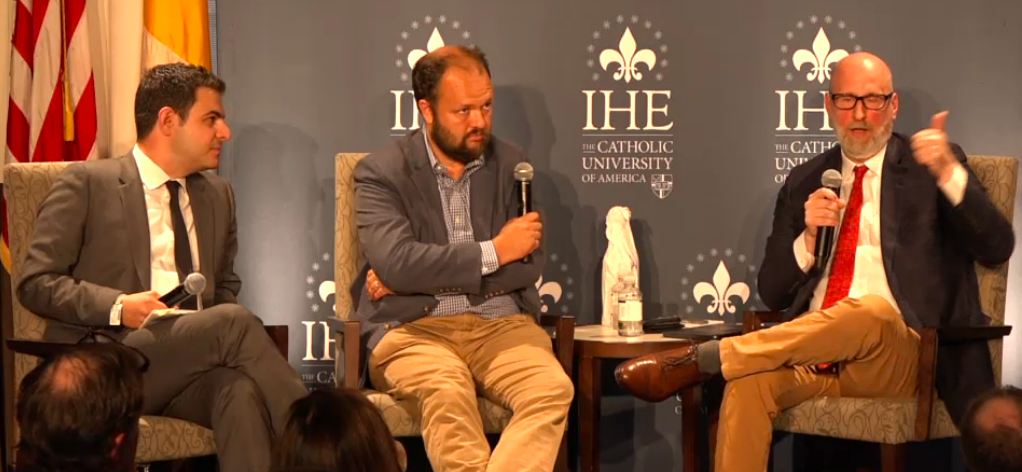Once in college I asked my pastor if he had time to get coffee so I could ask his advice on something that had been bothering me for several months. I was feeling stretched to my limits because I was a full-time student who was also involved in a campus ministry and was working two jobs for around 25 hours a week combined. But, recovering fundamentalist that I was, I felt guilty that I wasn’t doing enough because I wasn’t more involved in my church.
Login to read more
Sign in or create a free account to access Subscriber-only content.
Topics:
